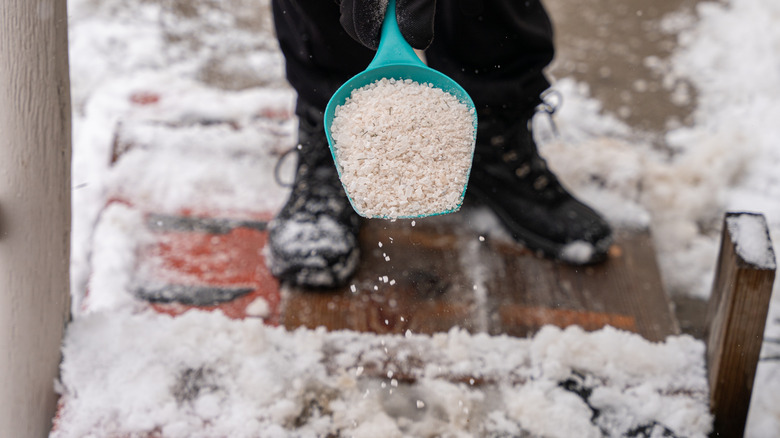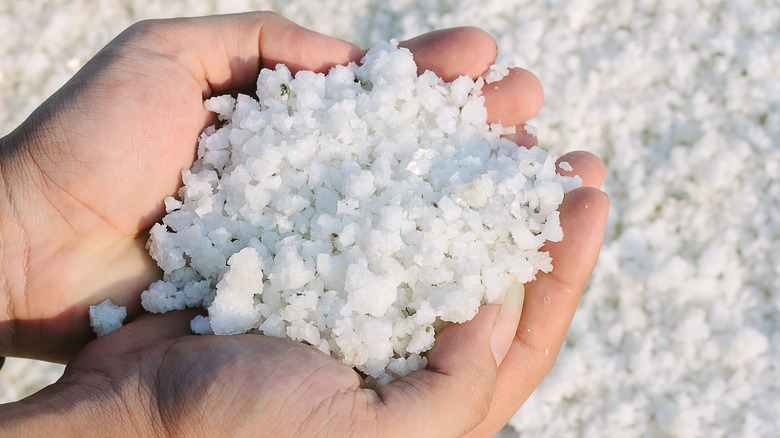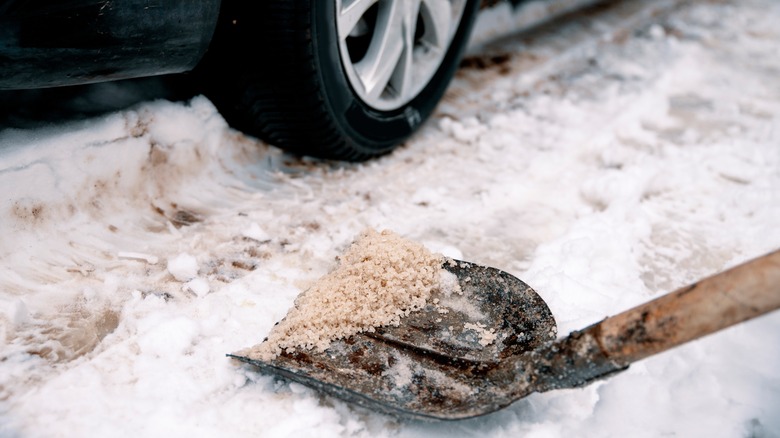The Difference Between Solar Salt And Rock Salt For Your Home Maintenance Needs
There are many ways to use salt in your home. However, selecting the right type of salt is pivotal to achieving optimal results and efficiency. As you look at the myriad of options, two contenders stand out: solar salt and rock salt. Both play pivotal roles, each with its own set of advantages tailored to specific needs. These salts, while chemically similar, have distinct processing methods and physical characteristics that make them suitable for different applications. The distinctions between solar salt and rock salt go beyond their appearance. Solar salt, often seen as a more refined product, and rock salt, known for its rugged form with minimal processing, serve unique purposes, and the choice between the two can be a game-changer depending on what you're using them for.
Understanding the specific uses of both solar and rock salt is essential for managing household tasks effectively. While these salts are commonly employed for deicing driveways and softening hard water, each has its own strong suit. The strategic choice between these two salts can yield considerable long-term benefits. Not only does it optimize maintenance schedules by potentially reducing the frequency with which tasks need to be performed, but it also helps preserve the operational integrity of your home infrastructure. Moreover, being informed about the differences can contribute to a more environmentally-conscious approach to home maintenance. Certain salts may have a lesser environmental impact due to their production processes or their interaction with the surrounding soil and water systems when used outdoors.
The ins and outs of solar salt
The natural evaporation of seawater by the sun and wind in sizable ponds produces solar salt. These elements work in tandem to evaporate seawater, leaving behind salt crystals that are exceptionally fine and pure. This purity is due to the process of evaporation, which effectively separates the salt from most natural impurities found in the ocean. The aesthetic appeal of solar salt is notable; it often presents a pristine white tint, depending on the type of seawater and the minerals it contains. When it comes to home maintenance, the role of solar salt is indispensable, particularly within water-softening systems. The stellar purity of solar salt isn't just about aesthetics though; it allows the salt to dissolve more seamlessly in water. This characteristic is crucial, as it minimizes the risk of mineral deposits accumulating in your water softener.
The superior solubility of solar salt also implies a cost-effective advantage; you tend to use less quantity over time compared to the typically, less soluble rock salt. But the uses of solar salt extend beyond just water softening. It is also the preferred choice for saltwater chlorinators in swimming pools. Here, its high purity level is not just beneficial, but necessary to thwart the buildup of minerals that could otherwise hamper the performance of your pool systems.
Choosing and using rock salt
Rock salt, on the other hand, is a more robust and unrefined form of salt, typically harvested from underground salt mines. Its appearance is coarser, with larger, irregular granules and a more opaque coloration, often greyish due to impurities from the surrounding rock layers. Rock salt's less-processed nature makes it less expensive than solar salt. The most common use of rock salt is for deicing roads, driveways, and sidewalks during the winter months. Rock salt works by lowering the freezing point of water, which prevents ice from forming, and causes existing ice to melt. This property is critical for maintaining safety around your home in icy conditions.
When using rock salt for deicing, apply it directly to the icy surfaces where traction is needed. It's important to use it sparingly, as too much salt can damage concrete over time and have adverse environmental impacts, such as harming plants and contaminating groundwater. To mitigate this, you might mix it with sand to improve traction and minimize the amount of salt used, or use a rock salt alternative. Rock salt is not recommended for use in water softeners due to its high mineral content, which can clog the system. However, its affordability and availability make it a suitable choice for managing ice in residential areas. Remember to store rock salt in a dry place to prevent it from clumping and to ensure it's ready to use when the temperature drops.


